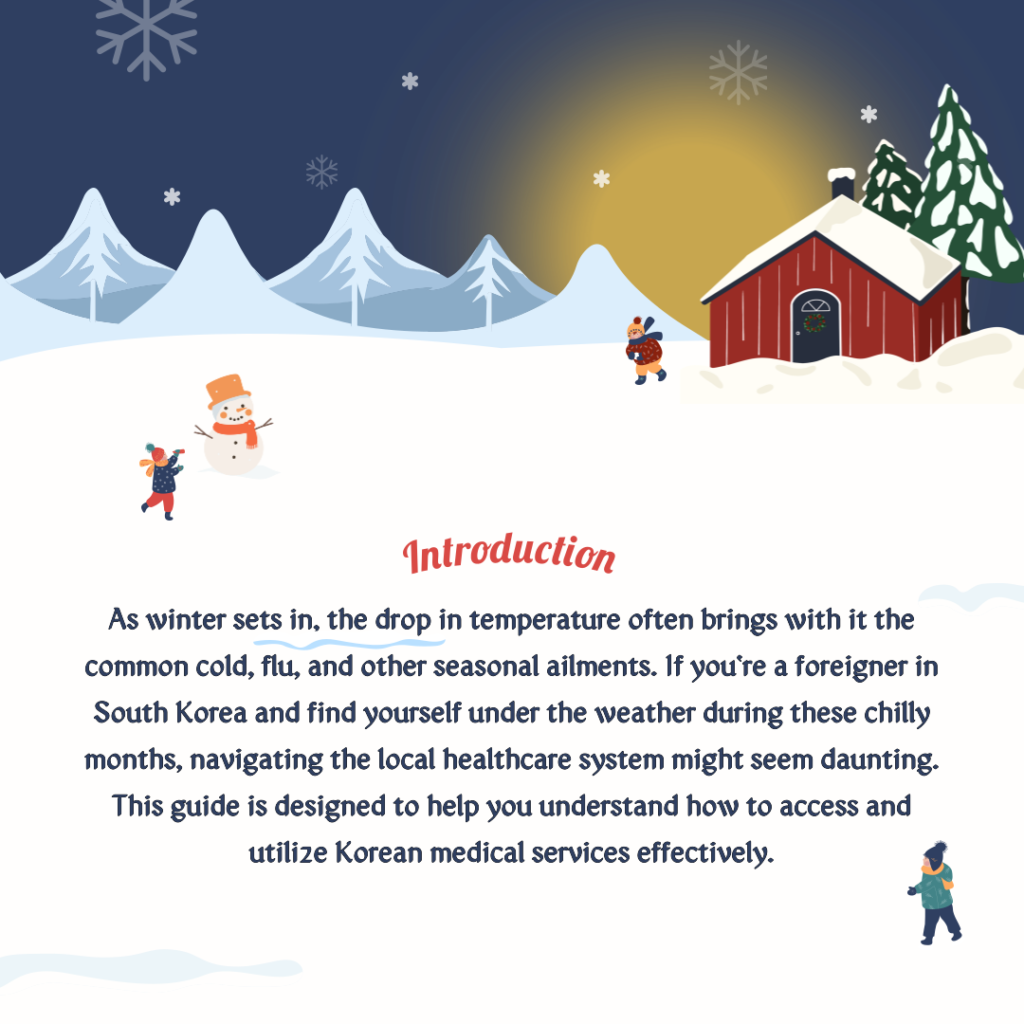
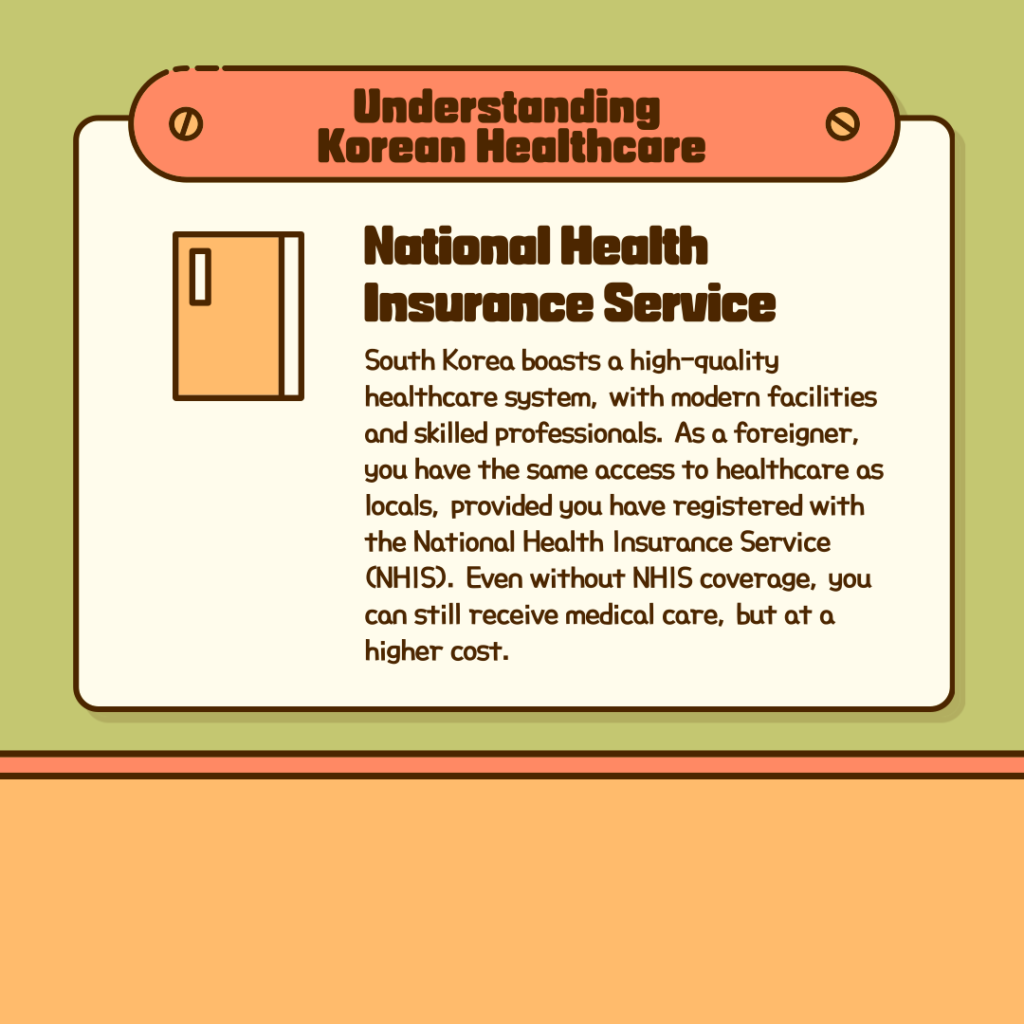
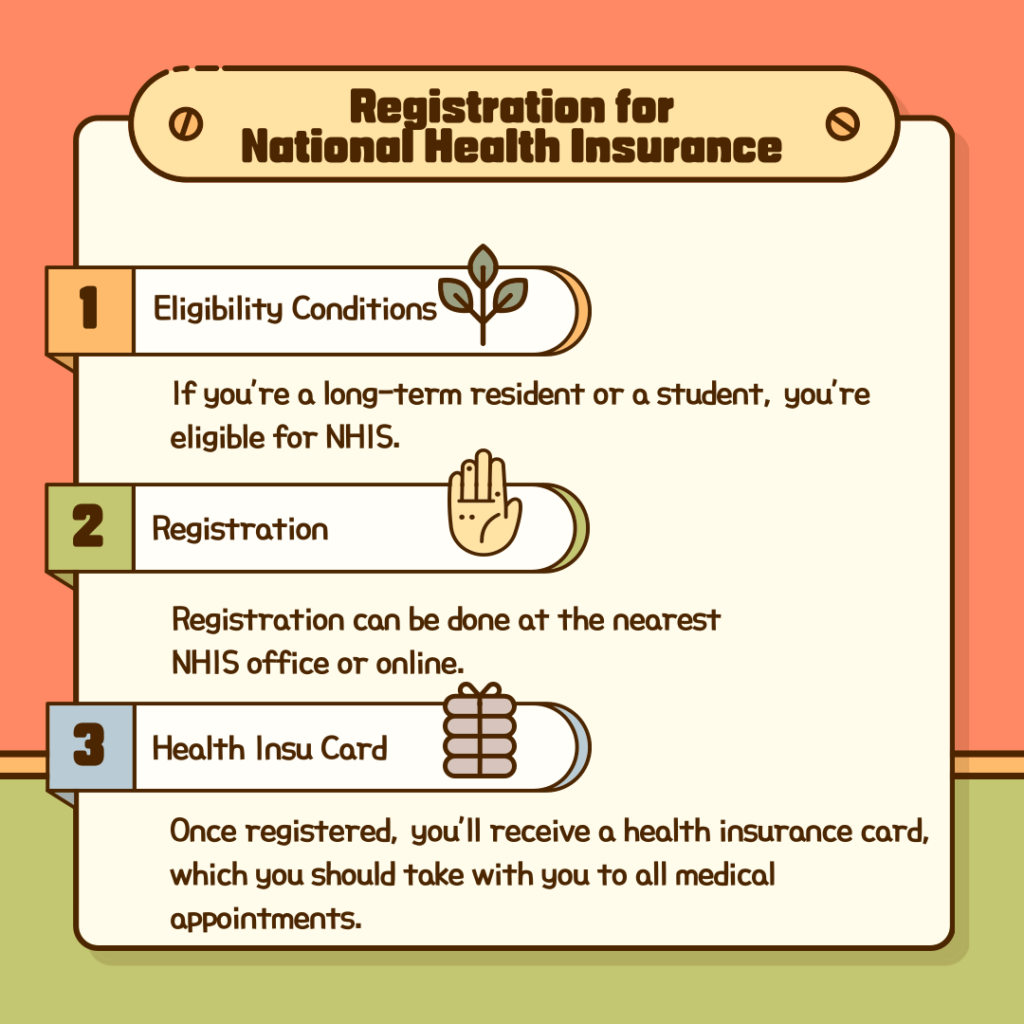
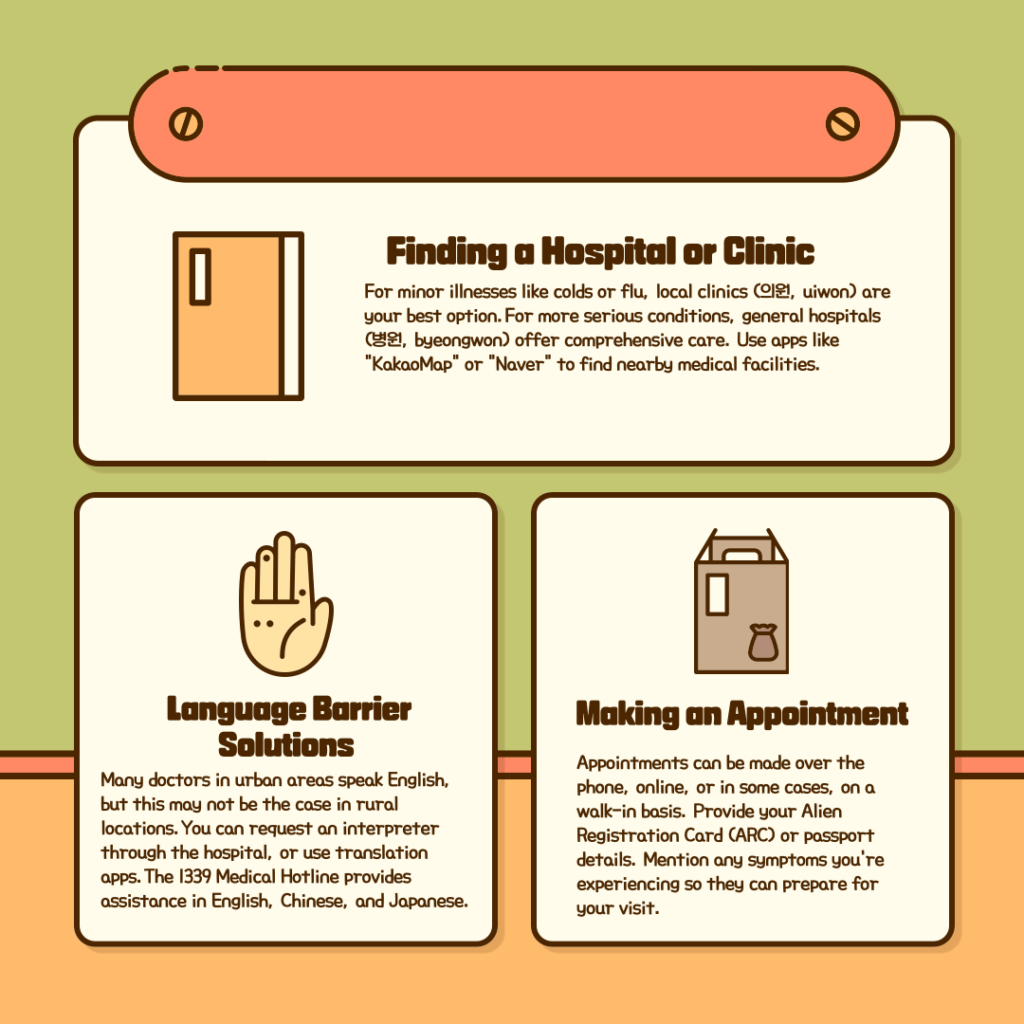
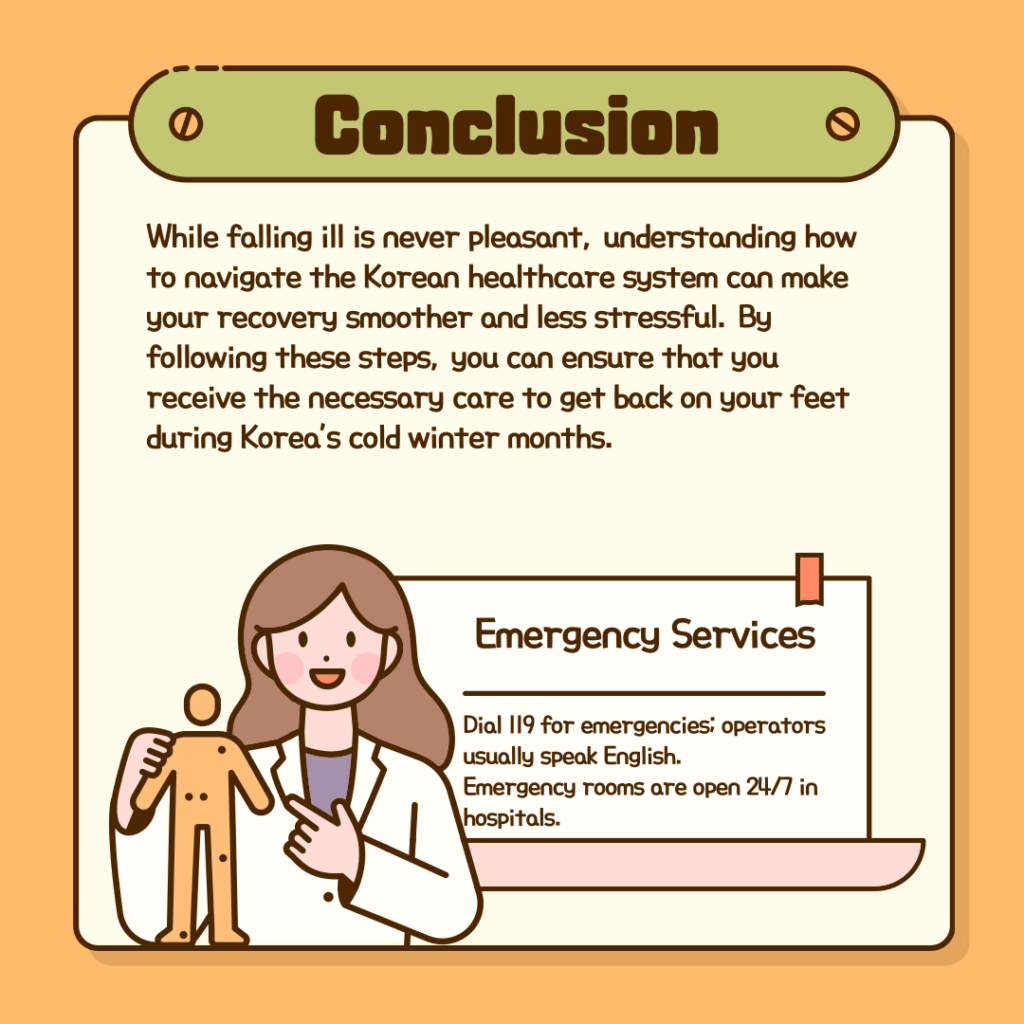
Navigating Korean Healthcare During Winter: A Guide for Foreigners
As winter sets in, the drop in temperature often brings with it the common cold, flu, and other seasonal ailments. If you’re a foreigner in South Korea and find yourself under the weather during these chilly months, navigating the local healthcare system might seem daunting. This guide is designed to help you understand how to access and utilize Korean medical services effectively.
Understanding Korean Healthcare
South Korea boasts a high-quality healthcare system, with modern facilities and skilled professionals. As a foreigner, you have the same access to healthcare as locals, provided you have registered with the National Health Insurance Service (NHIS). Even without NHIS coverage, you can still receive medical care, but at a higher cost.
Registration for National Health Insurance
- If you’re a long-term resident or a student, you’re eligible for NHIS.
- Registration can be done at the nearest NHIS office or online.
- Once registered, you’ll receive a health insurance card, which you should take with you to all medical appointments.
Finding a Hospital or Clinic
- For minor illnesses like colds or flu, local clinics (의원, uiwon) are your best option.
- For more serious conditions, general hospitals (병원, byeongwon) offer comprehensive care.
- Use apps like “KakaoMap” or “Naver” to find nearby medical facilities.
Language Barrier Solutions
- Many doctors in urban areas speak English, but this may not be the case in rural locations.
- You can request an interpreter through the hospital, or use translation apps.
- The 1339 Medical Hotline provides assistance in English, Chinese, and Japanese.
Making an Appointment
- Appointments can be made over the phone, online, or in some cases, on a walk-in basis.
- Provide your Alien Registration Card (ARC) or passport details.
- Mention any symptoms you’re experiencing so they can prepare for your visit.
Emergency Services
Dial 119 for emergencies; operators usually speak English.
Emergency rooms are open 24/7 in hospitals.
Conclusion
While falling ill is never pleasant, understanding how to navigate the Korean healthcare system can make your recovery smoother and less stressful. By following these steps, you can ensure that you receive the necessary care to get back on your feet during Korea’s cold winter months.
